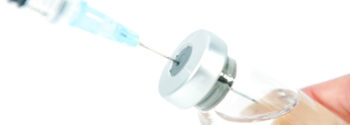Hypertension, often known as high blood pressure, is a common risk factor for erectile dysfunction (ED).
The high pressure within blood vessels is known to cause reactionary changes to the physical structure of the blood vessel. All this pressure can also small tears in the vessel walls, and in the process of repairing these tears, the arteries become thicker and less pliable.
In addition high blood pressure also causes hormonal changes that ultimately lead to erection problems. Hormones regulate everything from weight gain, bone growth to sexual drive, and erectile response. Elevated pressure reduces some of the natural hormone production and contributes to ED. Men with high blood pressure are known to have a lower sperm count and low testosterone levels which also lead to a decrease in hormonal response to arousal.
High blood pressure is also responsible for lowering nitric oxide levels. The regulation of blood vessel tone – how wide or narrow the blood vessels are – is a complicated process that employs many chemical and physical mediators. Of the many substances that affect blood vessel tone, nitric oxide is the most important. Nitric oxide is produced by specialized cells in the body and it is a powerful agent that makes blood vessels relax and dilate. People with long term hypertension may produce less nitric oxide over time which means that over time, the body won’t be able to sufficiently relax the penile blood vessels. As a result, the extra blood required to fill the penis cannot be delivered which in turn leads to ED.
If you’re concerned about high blood pressure and ED, here are some steps to help you maintain and control your blood pressure levels:
- Lose extra pounds and watch your waistline. Losing just 10 pounds can help out tremendously
- Exercise regularly (exercise at least 30-60 minutes everyday)
- Eat a healthy diet (eat a diet rich in whole grains, fruits, vegetables, and lowfat dairy products)
- Limit the amount of alcohol you drink
- Avoid tobacco and secondhand smoke
- Decrease salt intake
- Reduce your stress
- Monitor your blood pressure at home
For a listing of the types of blood pressure medication, please visit The American Heart Association

